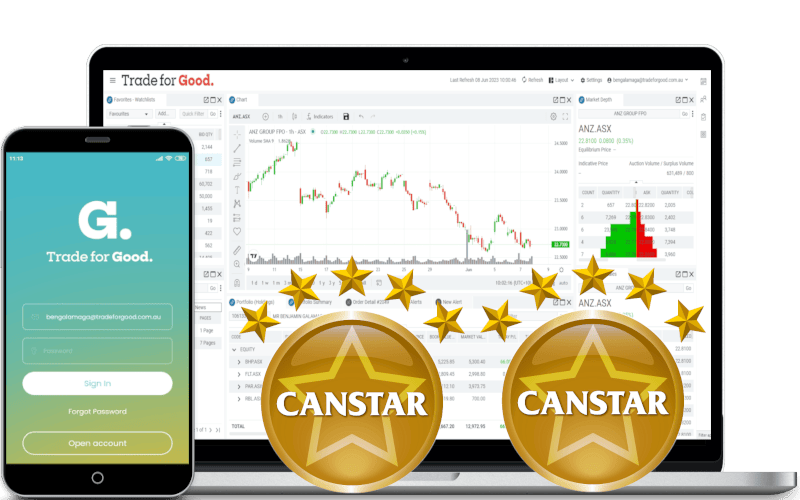Event Contracts

What Are Event Contracts and How Are They Traded?
Event contracts are a type of derivative that allows traders to speculate on the outcome of specific events, typically with a simple yes/no or binary structure. Unlike traditional futures or options, event contracts are based on the occurrence or outcome of real-world events, such as economic data releases, elections, or sports results.
How Event Contracts Work
Event contracts function as a straightforward way for traders to take positions on whether a particular event will or won’t happen by a specified time. They usually settle at either $0 or a fixed payout (e.g., $1, $100), depending on the outcome.
For example, a trader might bet on whether:
- The S&P 500 will close above 5,000 on a specific date
- The Federal Reserve will raise interest rates at the next FOMC meeting
- A company’s earnings report will beat analyst expectations
If the event occurs as predicted, the contract pays out the maximum value. If it does not, the contract expires worthless.

Where Are Event Contracts Traded?
Event contracts aren’t available in Australia, they are primarily in the US and are typically available on regulated exchanges such as:
- CME Group (offering event contracts on stock indices, commodities, and interest rates)
- Kalshi (a CFTC-regulated exchange for economic and geopolitical events)
- Prediction Markets (such as Polymarket, which operates on blockchain technology)
How to Trade Event Contracts
- Choose a Market – Select an event-based contract available on an exchange.
- Pick a Direction – Decide whether the event will happen (buying the contract) or won’t happen (selling the contract).
- Enter the Trade – Prices range from $0 to the max payout ($1 or $100), reflecting the probability of the event occurring.
- Manage Risk – Contracts have a fixed risk-reward structure, making them attractive for traders looking to control downside exposure.
- Settle at Expiry – If correct, the trader receives the full payout; if incorrect, they lose the initial investment.

The Bottom Line
✔ Low Cost & Defined Risk – Traders can participate with a small capital outlay and limited downside.
✔ Simple Yes/No Structure – Ideal for those looking for straightforward speculation.
✔ Diversification – Provides a way to hedge macroeconomic risks or bet on market-moving events.
However, traders should be aware that event contracts expire worthless if the predicted outcome does not occur, meaning careful research and probability assessment are essential.

What you learn here has been used in our Trade for Good software.
Click on the button to find our software education videos.
You can read more of our educational articles in the Trade for Good Learn section
Trade for Good Learn


